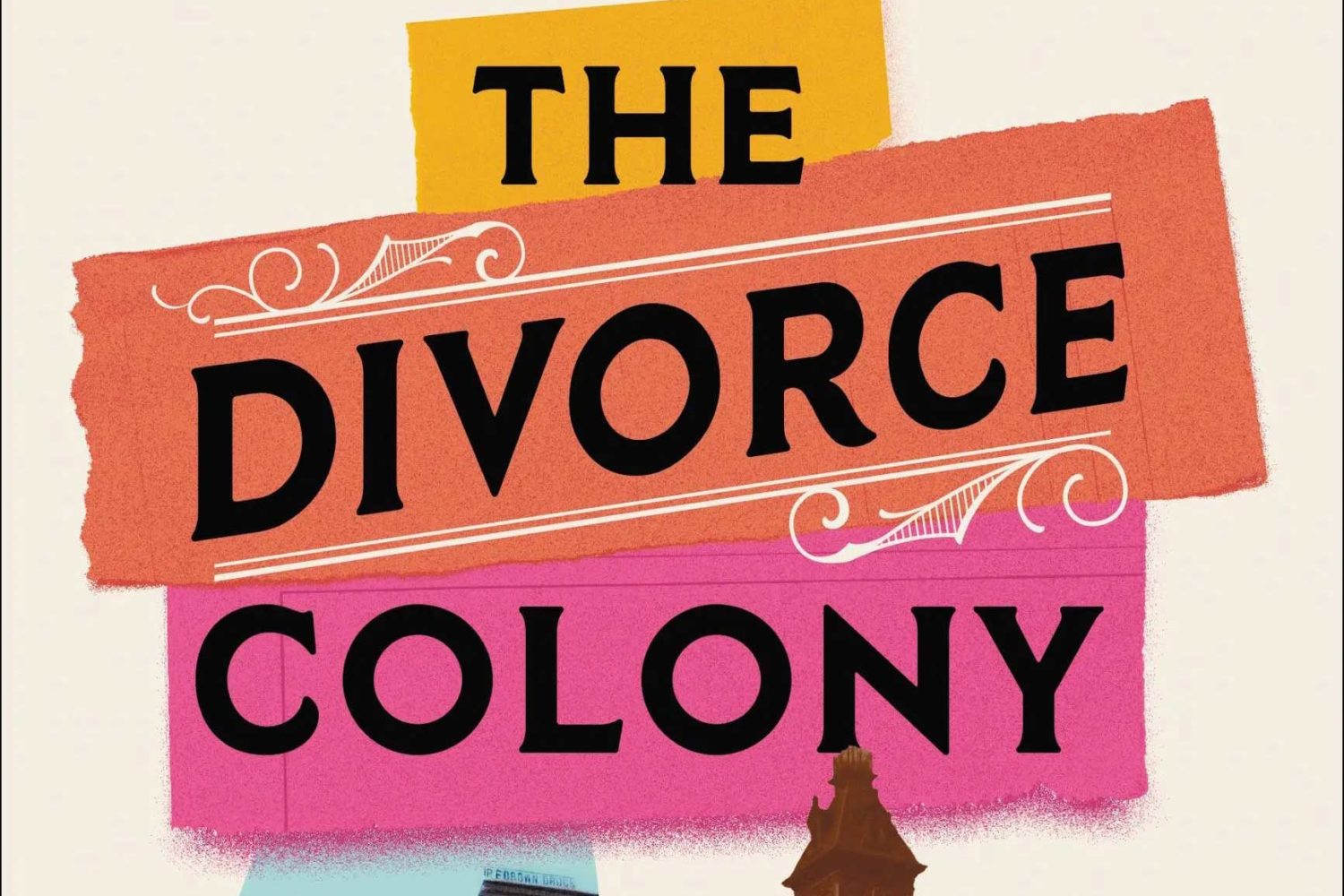While divorce rates have declined ever so slightly over the past two decades, one cohort has been bucking the trend: baby boomers. Research shows that boomers—those born between 1946 and 1964—are divorcing more than any other generation.
Yet in recent years, what had been dubbed “gray divorces” is now also being called, perhaps more accurately, “silver splits.” Because while the divorce rate among those over 50 has leveled off, adults 65 and older are now the only age group with a rising divorce rate. A recent Bowling Green State University analysis of data from 1990 to 2021 showed that the rate of divorce among couples 65 and up has tripled.
Divorce can be a mentally and financially taxing situation for anyone. Why end a marriage after what’s often decades, just as a couple heads into retirement?
One reason: People are living longer. Sixty-five-year-olds are expected, on average, to reach age 84, according to data from the Organization for Economic Co-operation and Development. More seniors embarking on the next chapter of their life are deciding that their spouse no longer fits. DC attorney Amy Spain points out that many couples—previously busy with kids and work—haven’t spent extended periods of substantive, one-on-one time together in more than 30 years. Once they do have more time on their hands, they may realize that their needs and wishes aren’t compatible. One person may want to spend the next few years traveling, while the other may long to stay put and focus on the grandkids.
“Some couples who have been married for a very long time—ones you would expect to stay together—realize they’ve given everything to their family or job,” says Bethesda attorney Donna E. Van Scoy. “They’ve lost touch with each other.”
Or perhaps spouses who were unhappy for years stuck it out for the kids. Now, with their children grown, they don’t have to. “Having kids that are a little bit older allows couples to give more attention to what they truly want and what makes them happy,” says DC attorney Erin Golding.
In some cases, one partner has found someone else they’d rather spend their life with. Bethesda attorney Howard B. Soypher has worked with clients who rekindled a relationship with a former fling from high school or college, thanks to social media. “It’s much easier to reconnect with somebody than it used to be,” he says. In the old days, “you had to find someone’s number and have the guts to call them.”
Though newly single seniors may be excited about what’s to come after this major life change, a silver split, like any other divorce, can be a lengthy and complicated process. No one expects to suddenly be alone in their sixties or seventies. Most seniors have planned for retirement and life-or-death situations, but dissolving a marriage disrupts the life two people had planned.
When working with clients, Golding says she tries to ensure that both parties’ financial and health needs are met in the short run as well as the long term. Depending on whether they’re fully or partially retired, income is going to stop or at least decrease significantly, especially for the spouse who wasn’t the breadwinner and may have to tap into a 401(k) or other retirement assets. Someone ill or incapacitated may need to find another caretaker.
Couples at this stage of their life generally don’t have to worry about child custody or child support, but that doesn’t mean the breakup won’t be hard on adult children and grandkids, who may feel they have to choose sides or not see one parent as much.
The former couple may have to split their friends, too. “As a senior, your entire social structure is likely to blow up,” says Van Scoy. “You probably have few friends, and they feel they have to pick sides. As people get older, their family and friends die. The longer they live, the less they have that social group.”
The conscious choice to choose individual happiness in one’s later years, versus sticking it out in an unhappy marriage, also reflects a broader change in attitude about divorce. It’s no longer as taboo as it once was—and as baby boomers see it, they aren’t getting any younger.
“People just want to be happy in their retirement,” Spain says. “However long they see their lifespan being, they just aren’t willing to suffer through an unhappy relationship.”
This article appears in the December 2023 issue of Washingtonian.



















